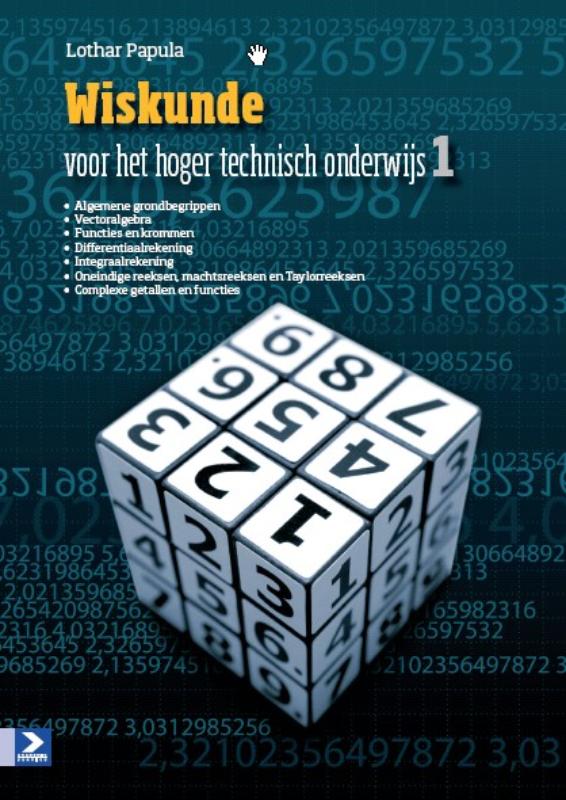


When your application has been received, it will be determined whether your secondary school diploma meets the requirements for admission to the Double bachelor programme, or if you have any deficiencies. Instead, the Selection Committee applies rolling admission which means that each application is reviewed individually, and the applicant will receive feedback on his/her application within six weeks after submitting the application. It is not a numerus-fixus programme which means no ranking numbers are issued.

As such, this book will be of interest not only to those who are engaged in the field of vocational education, but those with an interest in educational policy, practice and comparative studies.The Double bachelor BSc2 in Econometrics and Economics is a unique combination of our International Economics and Business economics programme and our International Econometrics and operations research programme. Such a focus seems important given an era when there are concerns to standardise and make uniform educational provisions, often for administrative or political imperatives. So, the readers of this book whilst learning much about the Dutch vocational education system will also come to identify and engage with a selection of contributions that inform factors that situate, shape and transform vocational education systems. Consequently, whilst this book elaborate what constitutes the contemporary provision of vocational education in the Netherlands also addresses a broader concern of how vocational education systems become formed, manifested within nation states, and then are transformed through particular imperatives, institutional arrangement and localised factors. They are shaped by specific national imperatives, sentiments and localised concerns. Yet, they are more than mere versions of what had or is occurring elsewhere. Each wave of reforms, however, has had particular emphases, and directed to achieve particular policy outcomes. Like elsewhere, the impetuses for these reforms are directed to generating a more industry-responsive, locally-accountable and competence-based vocational education system. This book discusses how the Dutch vocational education system has undergone significant waves of reform driven by global imperatives, national concerns and governmental policy goals.


 0 kommentar(er)
0 kommentar(er)
